ULKASEMI, established in 2007, is a leading provider of semiconductor design services. With over 350 skilled engineers across four design centers, we offer innovative solutions that seamlessly integrate into your worksite.
Networking and communication form the backbone of modern connectivity, enabling seamless data exchange between devices, systems, and users across the globe. This field encompasses technologies like routers, switches, and protocols (e.g., TCP/IP) that facilitate reliable internet, intranet, and wireless communications. From enabling real-time collaboration tools to supporting global financial transactions, these systems ensure secure, high-speed transmission of information, underpinning everything from social media platforms to critical infrastructure.
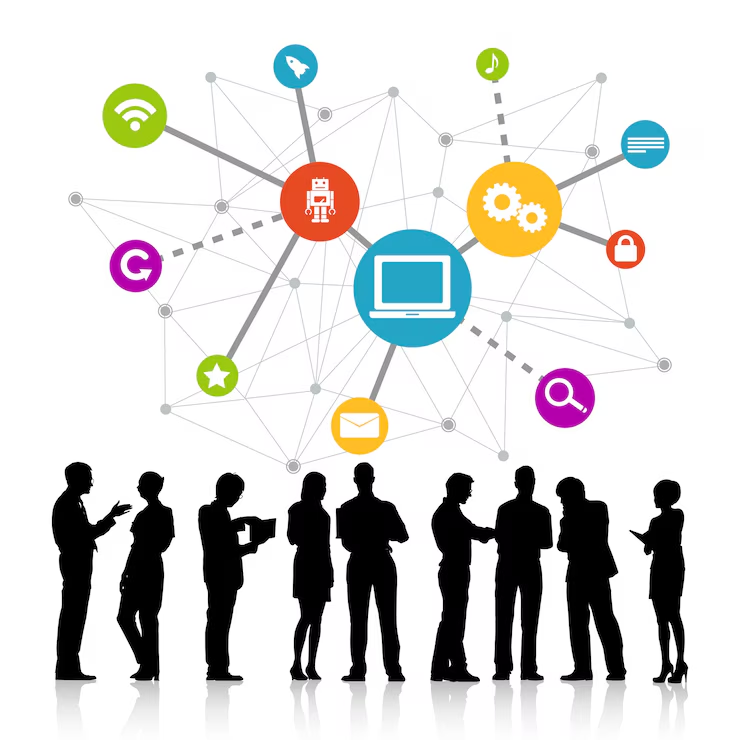
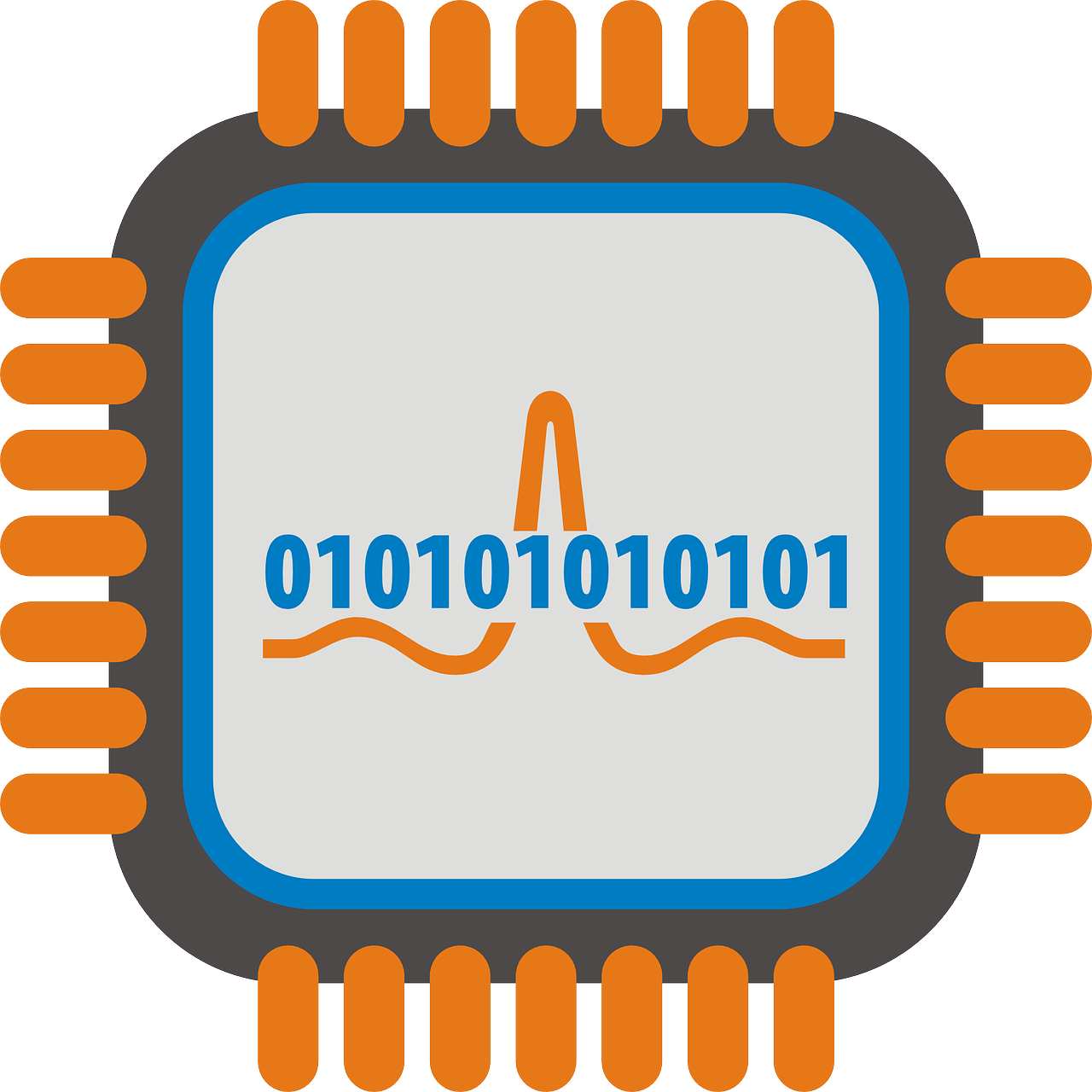
Analog applications involve technologies that process continuous signals, such as sound, light, or temperature, using non-digital systems. These include audio amplifiers, radio frequency transmitters, and industrial sensors that convert physical phenomena into electrical signals. Despite the digital revolution, analog circuits remain vital in areas like medical devices (e.g., ECG machines), automotive systems, and telecommunications, offering precision in environments where real-time signal fidelity is crucial.
Servers and storage solutions provide the foundation for data management and service delivery in both physical and cloud-based environments. Servers host applications, websites, and databases, while storage systems—ranging from on-premises SSDs to distributed cloud platforms—ensure data accessibility and durability. These technologies prioritize scalability, security, and redundancy, supporting enterprises in managing vast datasets and delivering uninterrupted services to users worldwide.

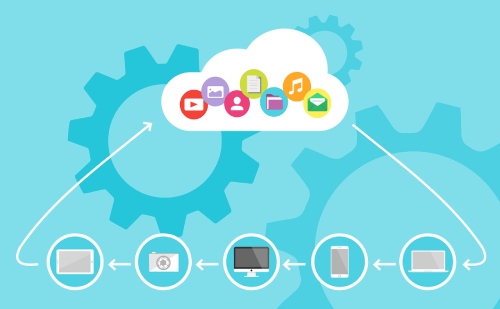
Computing encompasses the systems and methodologies used to process data, execute algorithms, and solve complex problems. It spans diverse paradigms, from personal devices and cloud platforms to quantum computing, driving innovations in speed, efficiency, and capability. Advances in processors, parallel computing, and energy-efficient architectures continue to revolutionize industries, enabling breakthroughs in scientific research, AI development, and everyday digital experiences.
Imaging technologies capture, analyze, and visualize visual data, transforming light, sound, or electromagnetic waves into interpretable images. Applications range from medical diagnostics (MRI, ultrasound) and satellite mapping to smartphone cameras and machine vision systems in manufacturing. Enhanced by AI, modern imaging enables real-time analysis, facial recognition, and even early disease detection, bridging creativity, security, and healthcare.
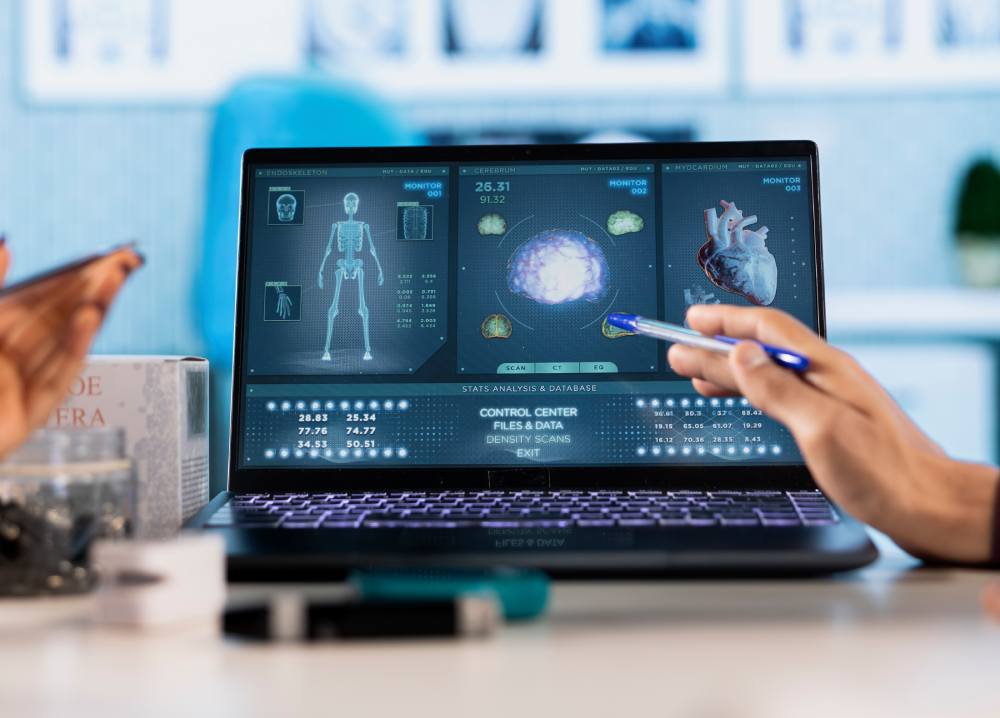
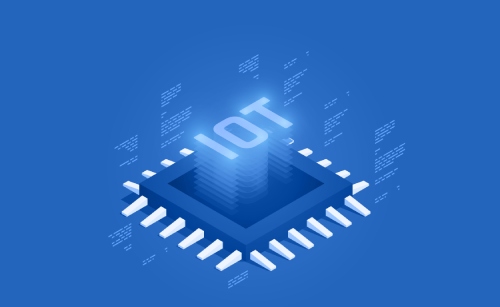
The Internet of Things (IoT) refers to interconnected devices embedded with sensors and software that collect and exchange data over networks. From smart home appliances to industrial automation, IoT optimizes efficiency, enabling predictive maintenance, energy management, and real-time monitoring. While fostering innovation in cities and agriculture, IoT also raises challenges in data security and interoperability that require robust solutions.
Process development focuses on designing, refining, and scaling workflows to enhance efficiency and quality in industries like manufacturing, software, and pharmaceuticals. It employs methodologies like Agile and Lean Six Sigma to streamline operations, reduce waste, and accelerate innovation. By fostering continuous improvement, this discipline ensures adaptability in dynamic markets, balancing cost-effectiveness with sustainability.

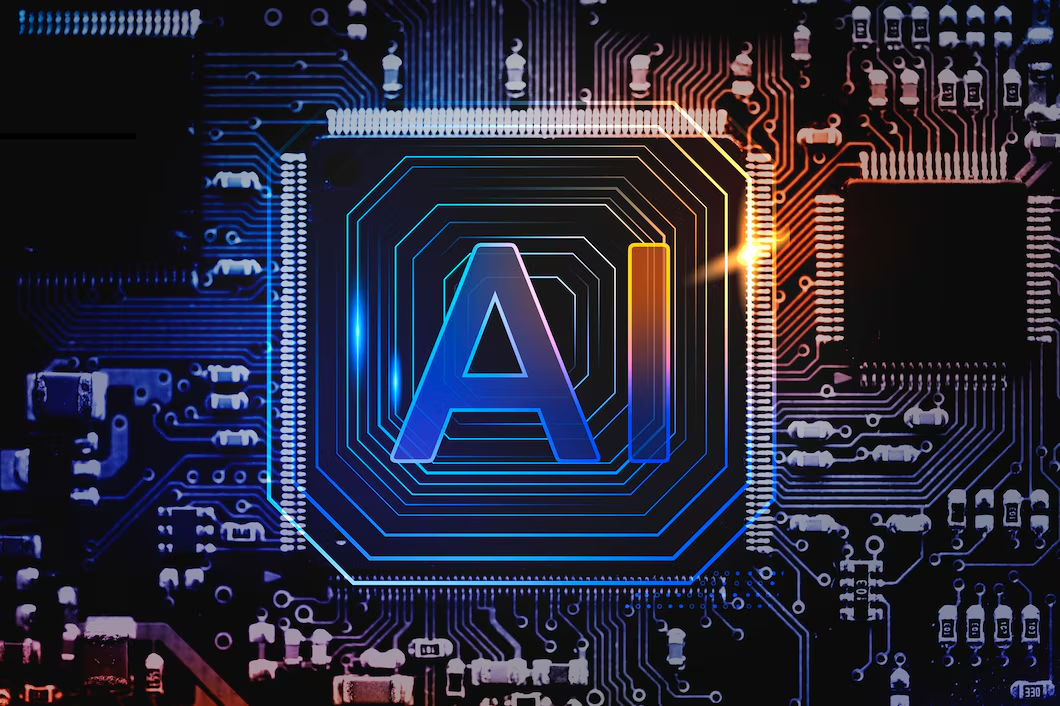
Artificial Intelligence (AI) simulates human cognition through machine learning, neural networks, and data-driven decision-making. Applications span chatbots, autonomous vehicles, and predictive analytics, transforming sectors like healthcare, finance, and logistics. While AI enhances productivity and personalization, it also sparks ethical debates around bias, privacy, and employment, necessitating responsible development frameworks.